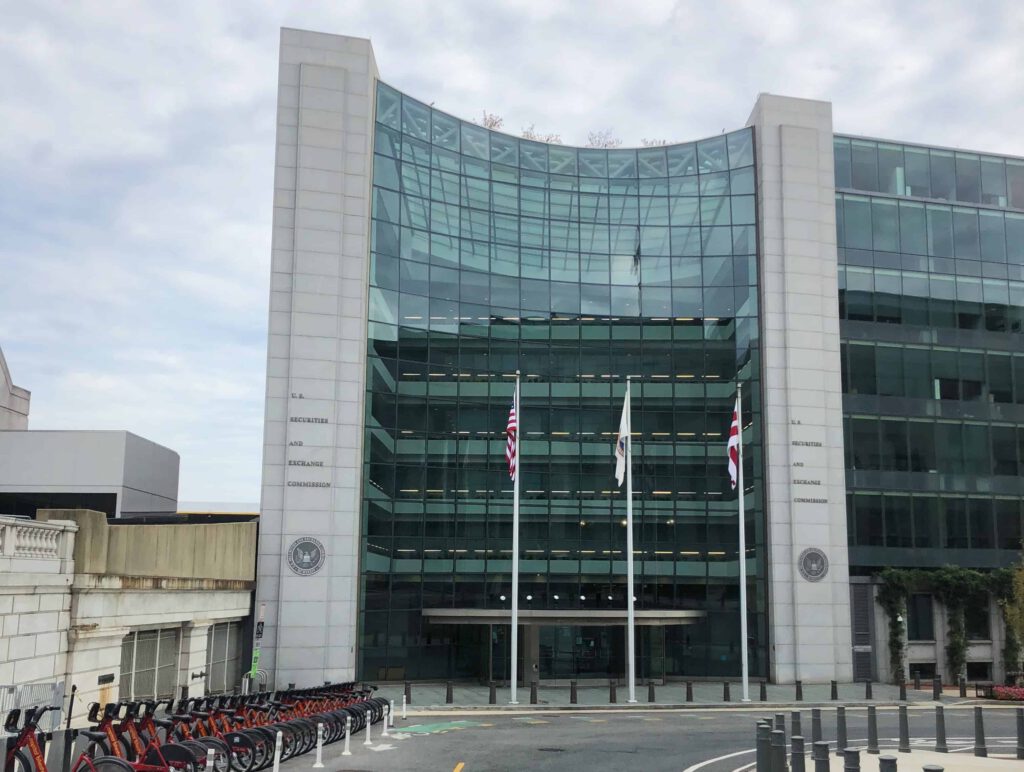Amicus Briefs
National Association of Private Fund Managers, et al. v. SEC
CASE SUMMARY
The Securities and Exchange Commission promulgated a rule restricting—and in some cases prohibiting—certain common contractual agreements between private investment funds and their investment advisers. NCLA filed an amicus curiae brief in National Association of Private Fund Managers v. SEC asking the U.S. Court of Appeals for the Fifth Circuit to set aside this unlawful rule, which exceeded SEC’s authority and ignoreed Congress’ design. Securities law scholars Paul Mahoney, Adam Pritchard, and J.W. Verret joined NCLA’s brief in the case, which drew from comments some of them filed during SEC’s rulemaking process.
SEC argued Congress gave it the legal authority to promulgate this “Restricted Activities Rule,” which affects an estimated $26 trillion private-fund industry, via a provision in the Dodd-Frank Act of 2010. But that Dodd-Frank provision was focused entirely on retail customers and not highly sophisticated private investment funds. SEC’s interpretation of the provision requires believing that Congress improbably hid a very large elephant from a very attentive industry inside a very tiny mousehole. SEC’s new rule also contravened Congress’ 1996 amendment of the Investment Company Act to exclude private funds available only to qualified purchasers from regulation as investment companies. Who suggested that exclusion measure? SEC itself did.
Congress determined that financially sophisticated investors are capable enough of appreciating the risks associated with certain investment pools that they don’t need the protections offered by burdensome SEC regulation, deciding the government’s limited resources are better directed elsewhere. SEC’s rule suggested exactly the opposite, upending this long-standing, congressionally-mandated regulatory regime. To make matters worse, SEC violated the Administrative Procedure Act by adopting the rule without considering or addressing its effect on the advisers and funds that must respond to such a drastic change in regulation.
In June 2024, the U.S. Court of Appeal’s for the Fifth Circuit vacated SEC’s unlawful rule, a victory for NCLA.

